Trump’s infrastructure plan: more questions than answers?
HOW?
This is the word that came to the mind of many in the transportation industry after President Trump recently unveiled his massive infrastructure plan. When it comes to Trump’s much anticipated, $1.5 trillion “Legislative Outline for Rebuilding Infrastructure in America,” the transportation industry is left with more questions than answers.
It’s no debate that America’s infrastructure is sorely in need of revitalization – the trucking industry has long felt the pangs of expenses including wasted fuel, labor costs, and wear and tear on vehicles.
In fact, worsening traffic congestion costs the trucking industry more than $63 billion in operating expenses annually, according to the American Transportation Research Institute.
While the transportation industry is largely in agreement with the President’s calls for infrastructure improvements, many are skittish about talk of “Trump Tolls,” and are concerned about issues like the looming insolvency of the Highway Trust Fund.
The Highway Trust Fund is responsible for funding public bridges, highways, and roads. Unlike sales taxes, which are set as percentages, taxes for this trust fund are set as dollar amounts.
Its funding largely relies on the federal fuel tax, which hasn’t seen a rise since 1993. Additionally, factors like electric cars and better fuel mileage have also led to the decline in revenue.
So how is a stagnant revenue source like the federal fuel tax supposed to meet the needs of rising costs of fixing America’s faltering roads?
Trump’s plan offers no real solution for the ailing Highway Trust Fund, which is teetering on the edge of insolvency. In fact, according to the Committee for a Responsible Federal Budget, this fund could become insolvent in just three years.
The American Trucking Association is concerned, and rightly so.
They’ve proposed an infrastructure plan called the “Build America Fund” to help bolster revenue for the Highway Trust Fund. The ATA’s solution? Hike federal fuel taxes annually for four years, generating $340 billion in new revenue over the first 10 years, according to the ATA.
While Trump’s infrastructure plan makes no mention of increasing the federal fuel tax, the president surprised everyone last Wednesday during a White House meeting with a dozen Republican and Democratic lawmakers from key House and Senate committees by mentioning that he would support a 25-cent-per-gallon increase in federal gasoline and diesel taxes to help pay for upgrading American roads, bridges and other public works.
Later, a White House official declined to comment on Trump’s discussions in the closed-door meeting but said that all options were on the table to meet the main objectives of the president’s plan.
When it comes to the federal fuel tax and funding for the Highway Trust Fund, the transportation industry will just have to wait and see if anything will really come of Trump’s support of an increase in federal gasoline and diesel taxes, or if it was just a tactic to drum up bipartisan support.
One thing the transportation industry is sure of, though, is that they are largely in favor of an increase in the fuel tax rather than the use of tolls, which has been tossed around as a possible source of infrastructure revenue for the states under Trump’s new plan.
Transportation Secretary Elaine Chao has said that while the administration is not pushing for tolls, states should have the option to collect the fees if they see fit.
“We’re not advocating for them. We’re also not endorsing them,” Chao told reporters at last Tuesday’s press briefing. “It is really up to the local entities that are involved in trying to raise the financing.”
Many in the transportation industry are less than enthused about the possibility of more tolls. American Trucking Association President Chris Spear actually called new tolling on existing interstates “a nonstarter for our industry.”
“Tolls are ineffective and wasteful, with as much as 33% of revenue being wasted on administrative and overhead costs,” Spear said.
Additionally, according to a statement by NATSO (the national association representing America’s truckstops and travel plazas) President and CEO Lisa Mullings, interstate tolls actually cost the government much more to administer and enforce as opposed to the existing fuel tax.
“Why would anyone fail to support an increase in the fuel tax and, at the same time, work to create another type of tax (such as toll roads) that costs more to collect than the fuel tax?” Mullings questioned.
Not only are toll roads simply not cost efficient when it comes to administration and enforcement, they also divert traffic to secondary roads, damaging the roads and increasing accident rates.


